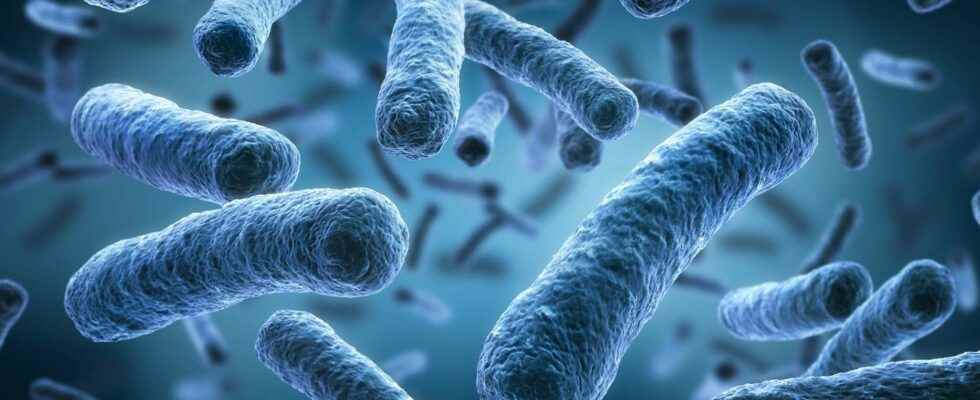Bacteria can cause cancer, this is the case withHelicobacter pylori for stomach cancer. A recent discovery suggests that five bacterial strains may be involved in prostate cancer. Are they related to the most aggressive forms of this male disease?
You will also be interested
[EN VIDÉO] What are the differences between bacteria and viruses? They are microbes. They are very small and they are quite easily confused. However, bacteria and viruses are two very different things. And to fight effectively against those that cause disease, it is better to identify them clearly.
the Prostate cancer is the most common cancer in men in France. More than one out of two cases (66%) concerns a man aged over 65. Anticipating the evolution of cancer and its aggressiveness is a challenge for doctors. Researchers from the University of East Anglia in the UK have made an interesting discovery in the urine and prostate tissue of men with prostate cancer. ” We found several types of bacteria associated with aggressive shapes prostate cancersome of which are new bacterial strains never discovered before », explains Rachel Hurstfirst author of the study.
Five bacteria implicated in prostate cancer?
The scientists analyzed urine and tissue samples from 600 men with and without prostate cancer. To isolate the bacteria samples, sequencing methods were used and made it possible to draw a portrait of the bacteria living near the prostate and the urinary tract. Among them, five new anaerobic bacterial strains (ie which develop only in the total absence of oxygen) are associated with an increased risk of prostate cancer.
This discovery raises many questions. ” Some of the things we don’t yet know are how people get these bacteria, whether they cause cancer or whether a bad immune response allow their growth “says Rachel Hurst. If there seems to be a link between the aggressiveness of cancer and the presence of these bacteria, the underlying mechanisms have yet to be determined.
Scientists are already imagining a test of screening where the presence of a certain type of bacteria in the urine and the prostate could be a warning signal for the progression of prostate cancer. The causal link between the presence of the bacterium and the aggressiveness of prostate cancer has yet to be formally demonstrated, promising, if true, a real breakthrough in the management of this disease which kills around 8,000 men every year. year.
Interested in what you just read?
